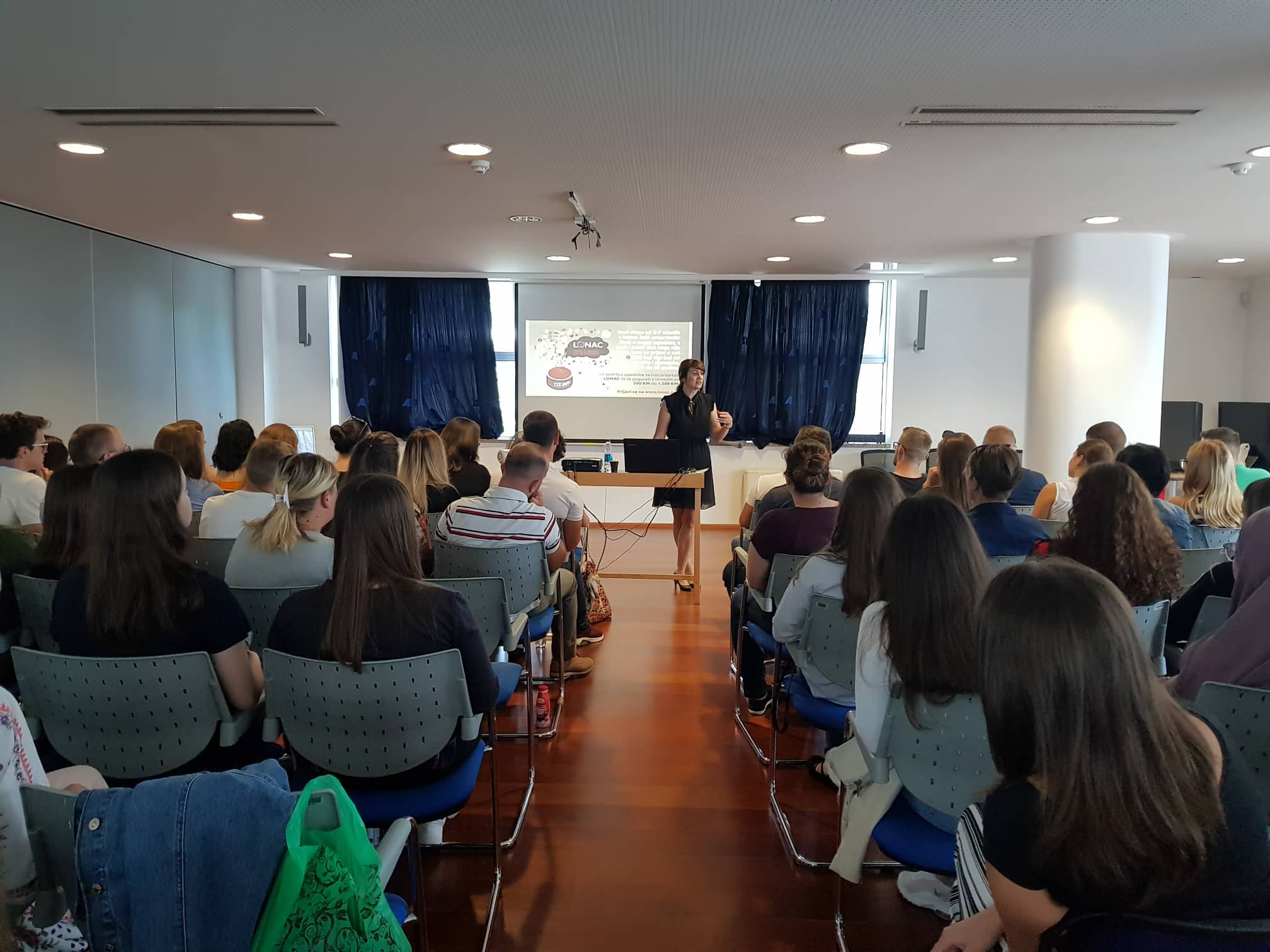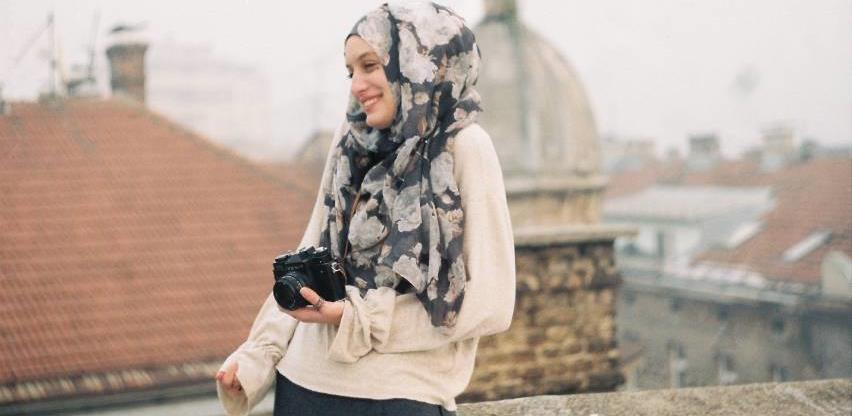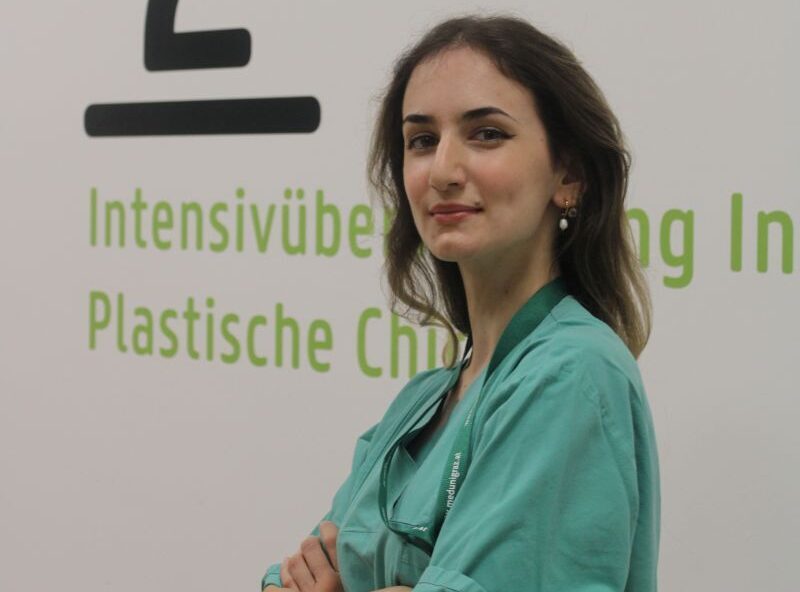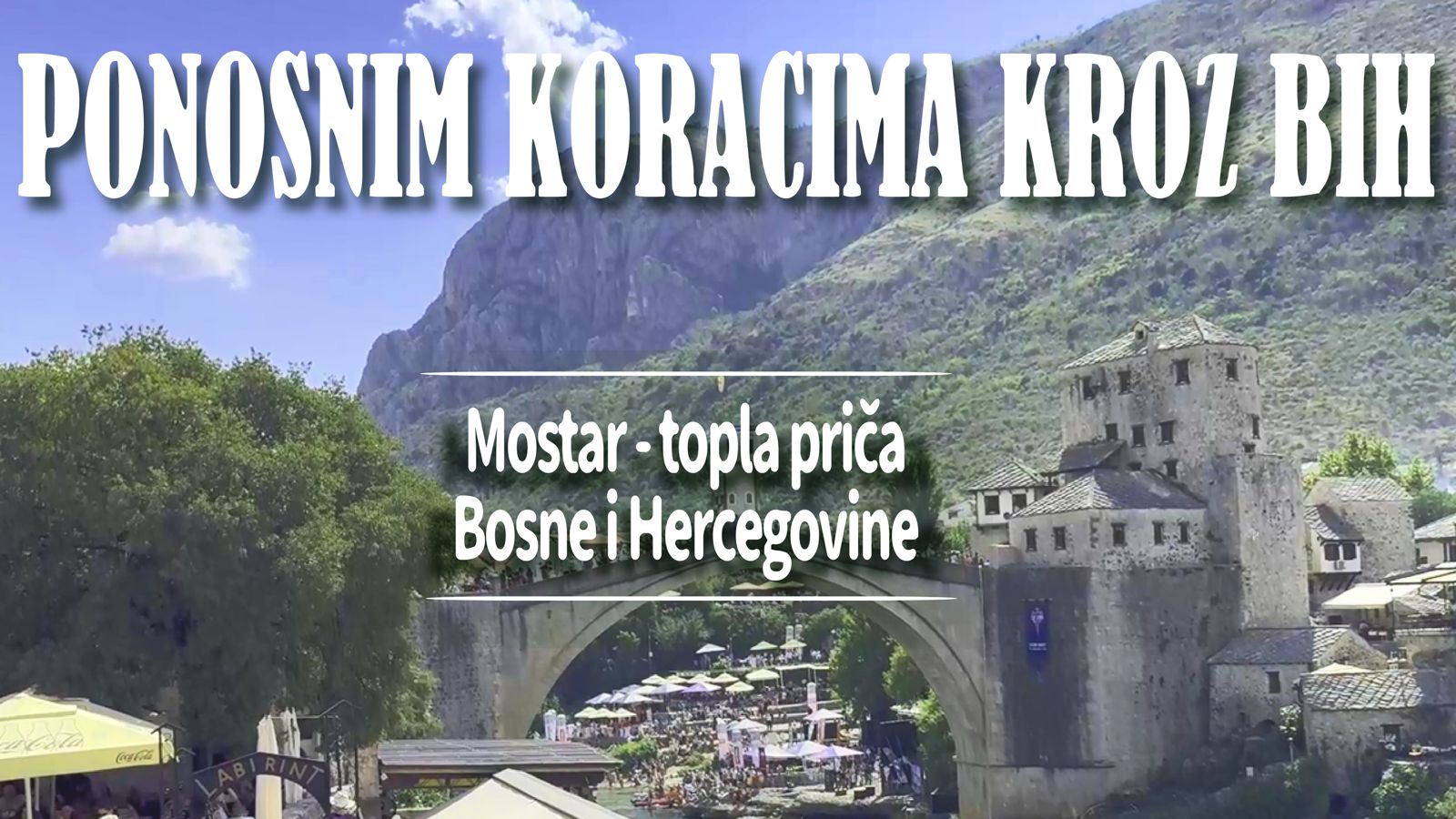On Saturday, the 17th of August 2019, Hastor Foundation scholarship holders gathered at the ASA Prevent Group Main Assembly Hall to see their colleagues, expand their horizons, and hear things they would not have the opportunity to hear elsewhere. Although August is a month free of college obligations, students came to Sarajevo in considerable numbers and made our monthly gathering even more important.
Initially, the director of the Hastor Foundation, Seid Fijuljanin, greeted the attendees with a smile on his face and thanked them for coming and for regularly fulfilling their obligations to the Foundation. The director’s monthly dose of motivation did not fail to inspire the students to think about how important monthly meetings with younger members of the Foundation can be when it comes to shaping their personalities. The conclusion that the scholarship holders were able to draw was that conversation and communication were very important and that just ten minutes out of our time could mean a lot to them.
The director then announced a special guest for whom majority of the meeting had been reserved. According to the director’s introduction, this was a special person who does good things and the students could learn a lot from her. The person in question was Ms Sejdefa Bašić-Ćatić, the director of the collective impact of the Mosaic Foundation. Ms Bašić-Ćatić wanted to share her inspirational life story with us and introduce us to the work of the Mosaic Foundation, which, like the Hastor Foundation, deals exclusively with young people. Our guest gave a colourful presentation of her life experiences. Unlike many people who have left or are planning to leave Bosnia and Herzegovina, Ms Sejdefa is a shining example because she returned to Bosnia and Herzegovina after her life path took her to Australia and then to Switzerland. She returned to Bosnia and Herzegovina for no other reason but to change the situation. Many of her projects confirm her success and humane personality. Working on healthcare promotion with many foreign companies operating in Bosnia and Herzegovina, she was able to equip many hospitals and health centres with the latest equipment and contribute to the quality of healthcare in various ways. The biggest accomplishment of hers is working with the Partnership for Public Health, with which she, as Executive Director, launched the project of opening a Centre for Healthy Aging, where elderly people are given the opportunity to solve their biggest problem: loneliness, and to again feel accepted and useful in the society.
In the second part of the presentation, Ms Sejdefa discussed her involvement with the Mosaic Foundation, which began in June 2019. The Mosaic Foundation is a leading non-profit corporation (social enterprise) in the region and it owns two social businesses: EkoMozaik and MaŠta Agency. The focus of the Mosaic Foundation is to increase youth awareness when it comes to the importance of entrepreneurship. Ms Sejdefa briefly described the concept of Youth Bank and Impact Incubator as the two programs of the Mosaic Foundation through which young people can obtain financial resources for the realization of their projects.
Students were mostly interested in presenting the Lonac.pro platform – the simplest and the fastest way from an idea to realization of the project or social business. By registering your project through the lonac.pro website, it is possible to get from 500 to 1500 BAM for a project through Youth Bank operating in 46 municipalities, while larger start-up projects can be implemented through Impact Incubator. Those who can apply are groups of young people (3-7 persons) aged 17 to 35 who, as they say on this platform, need someone to “push” them. In addition to the money, the young people also receive free support and counselling during each stage of starting and maintaining their business. Lonac.pro currently brings together 21,000 young people, and that number is growing every day. There is also a possibility for young people who come from an area that is not part of the Youth Bank program to apply for microbusiness.
Scholarship holders had the opportunity to see several successful projects carried out with the help of the Mosaic Foundation such as PGI Solheat, the first solar air heater, or Euroseed, which produces oil and other products from plum seeds. At the end of the meeting, our guest was surrounded by scholarship holders who wanted to present their ideas, hear her opinion and receive some advice. Our guest has succeeded in motivating scholarship holders to undertake new projects, so we have no doubt that we may soon be writing about the business success of our scholarship holders.
Vedin Klovo








